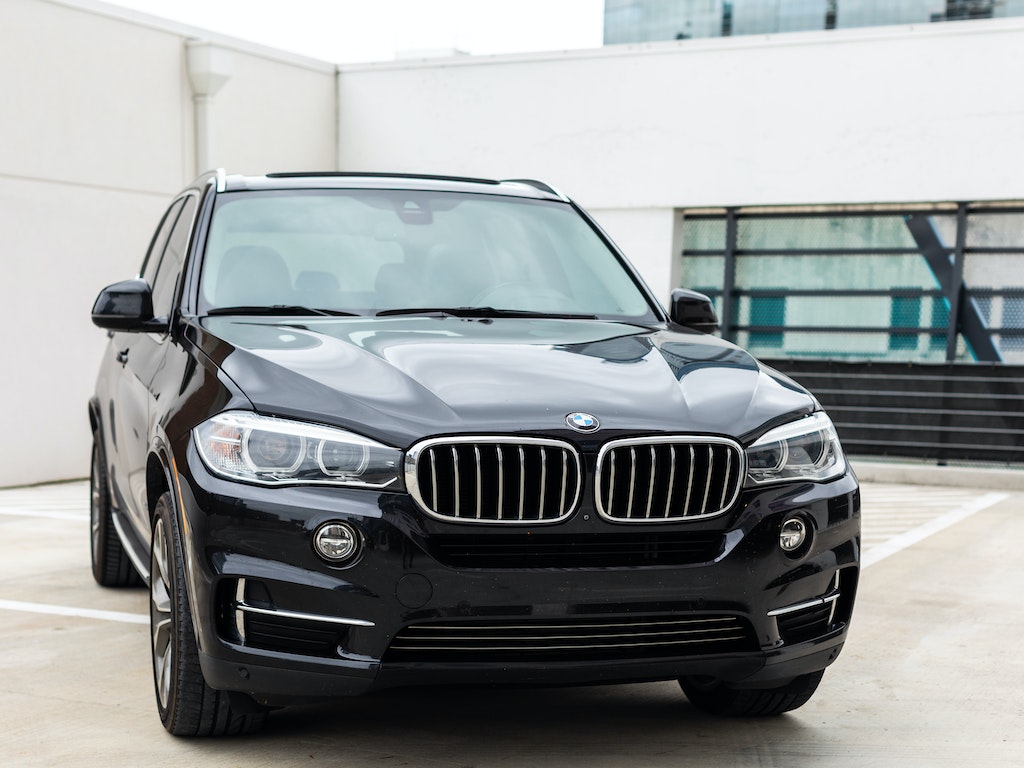Car insurance is a necessity for every driver. After all, it’s a legal requirement in most states. But even if you live in a state where you don’t have to buy car insurance, it’s still a good idea to do so. Car insurance provides several different types of coverage: liability, uninsured motorist and underinsured motorist, collision and comprehensive, personal injury protection (PIP), and medical payments. Below, we’ll explain what they cover.
Auto Liability Coverage
Auto liability insurance protects you financially when you cause an accident or injure someone else. It also covers damage to other people’s property when you are at fault in an accident. This type of coverage is mandatorily required by law in most states and so is often called “no-fault” coverage.
Uninsured and Underinsured Motorist Coverage
If you’re involved in a crash that is caused by another driver who doesn’t have insurance to cover the damages, uninsured motorist coverage will cover the costs up to your policy limit. Underinsured motorist coverage can help if another driver has enough liability insurance but not enough to cover your medical expenses or lost wages after an accident.
Comprehensive Coverage
Comprehensive coverage provides protection against theft, fire, and vandalism to the insured vehicle and its contents, minus any deductible that applies. Comprehensive coverage may also cover certain weather-related damages like hail or windstorm damage.
Medical Payments Coverage
Medical payments coverage is what pays for your medical expenses if you’re injured in an accident. It also covers your co-passengers and may even for the deductibles and copays.
Collision Coverage
Collision car insurance covers your own vehicle if you’re involved in an accident with another car, you hit a stationary object, or you get into a single-car accident. Drivers of new cars in many states are required to carry collision insurance. You may also want to buy collision coverage if you have an older car that can’t be easily replaced or repaired.
Personal Injury Protection
PIP helps pay for things like medical expenses from your accident, such as ambulance rides and x-rays, surgeries, and lab tests. Of course, your car insurance also covers these costs—but if you have PIP covered on your policy, then it can help pay for any other out-of-pocket expenses that aren’t covered by your regular auto insurance.






